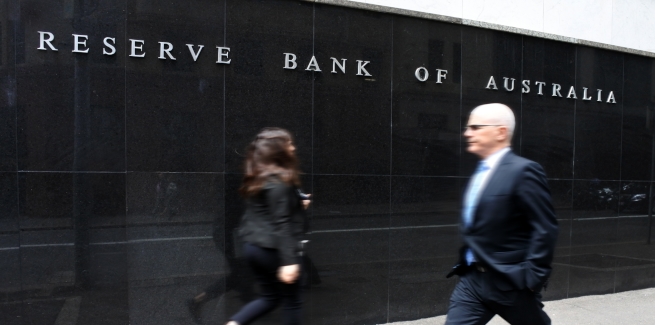The Reserve Bank of Australia (RBA) has provided the banking sector with a significant liquidity boost on the overnight money market, purchasing bank assets through repurchase (repo) agreements totalling $8.8 billion – well above the daily average.
Over 60 per cent ($5.6 billion) of the transactions, involved the purchase of transaction terms of 95 days.
This follows a similar move from the US Federal Reserve following President Donald Trump’s ban on travel from Europe in light of the coronavirus (COVID-19) outbreak.
President Trump’s decision sent ripples through international markets, including Australia, prompting traders to sell assets and strain liquidity in credit markets.
RBA governor Philip Lowe hinted at providing the banking sector with liquidity support following the monetary policy board’s decision on the official cash rate to a new record low of 0.5 per cent earlier this month.
“Australia’s financial markets are operating effectively and the bank will ensure that the Australian financial system has sufficient liquidity,” Mr Lowe said.
The RBA’s response to demand for additional liquidity from Australia’s banking sector also followed Prime Minister Scott Morrison’s release of a $17.6 billion stimulus package to help support the domestic economy as it grapples with economic side effects of COVID-19.
According to the government, up to 6.5 million individuals and 3.5 million businesses would be directly supported by the new measures.
Treasury has estimated the government’s stimulus package would add 1.5 per cent to GDP growth over the June quarter.
Analysts are also expecting the RBA to ease monetary policy again in the coming months, to further support households and businesses to manage growing economic uncertainty.
According to AMP chief economist Shane Oliver, the RBA is likely to cut the cash rate by an additional 25 bps to 0.25 per cent, before pursuing a form of quantitative easing (QE).
[Related: Bank of England announces emergency cut]
 ;
;
